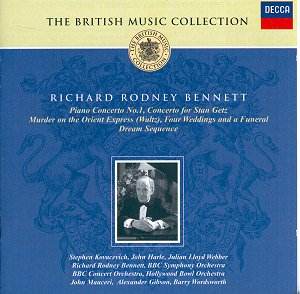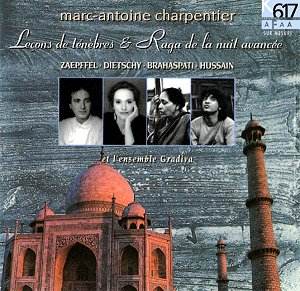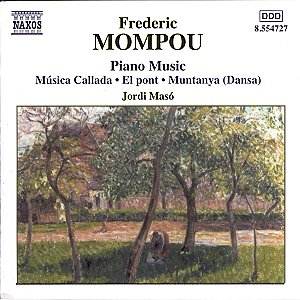 Composer: Richard Rodney Bennett
Composer: Richard Rodney Bennett
Works: Piano Concerto (1968), Concerto for Stan Getz (1990), Waltz from Murder on the Orient Express (1974), Four Weddings and a Funeral (1994), Dream Sequence (1992)
Performers: Stephen Kovacevich (piano), John Harle (saxophone), Julian Lloyd Webber (cello), Richard Rodney Bennett (piano), BBC Symphony Orchestra, Hollywood Bowl Orchestra
Recording: Wembley Town Hall, January 1971; BBC Hippodrome, Golders Green, London, March 1993; Sony Studios, Culver City, USA, January 1993; Hollywood, August 1995; Henry Wood Hall, London, October 1993
Label: DECCA
Richard Rodney Bennett emerges as a multifaceted composer whose works traverse the realms of classical, jazz, and film music with effortless grace. This latest compilation from DECCA offers a rich tapestry of his eclectic style, encapsulating pieces that span nearly three decades. Notably, it showcases Bennett’s evolution from the serial techniques of his early career to a more varied and accessible musical language, revealing the depth of his creativity and adaptability.
The Piano Concerto, composed in 1968, retains an air of modernity tinged with the shadows of its serial origins. Stephen Kovacevich’s interpretation is both vigorous and introspective, particularly in the opening Moderato. The crystalline figuration highlights the piano’s lyrical capabilities, creating a haunting atmosphere that is both reflective and probing. The subsequent Presto presents a Bartókian intensity, with percussive elements that showcase Kovacevich’s technical prowess. The Lento reveals a bluesy inflection that hints at Bennett’s jazz influences, while the final Vivo rushes forth with kaleidoscopic time signatures that challenge both performer and listener. This performance reflects a deep understanding of the work’s character, although the piece itself may feel somewhat dated against the backdrop of Bennett’s later output.
The Concerto for Stan Getz, composed in 1990, captures a vibrant interplay between classical form and jazz idioms. John Harle’s saxophone performance is a standout, embodying the smoky ambience of a late-night jazz bar while navigating the work’s intricate passages with remarkable fluency. The contrasting moods of the movements are deftly captured, with the central movement’s bluesy essence creating a palpable tension that is both exhilarating and grounded. This work serves as a testament to Bennett’s ability to synthesize different musical dialects, and the ensemble’s cohesion underlines the piece’s emotional narrative.
Turning to the film scores, the Waltz from Murder on the Orient Express encapsulates the opulence of its cinematic context, with lush orchestration that evokes the period’s elegance. Bennett’s ability to weave thematic material that resonates with the film’s narrative is evident here, and the recording captures the orchestral texture with clarity and depth. Conversely, the excerpt from Four Weddings and a Funeral, while charming, lacks the memorable impact of its companion piece, leaning more towards sentimentality than thematic development.
The Dream Sequence for cello and piano offers a glimpse into Bennett’s reflective side, arranged from songs that evoke nostalgia. While it may elicit mixed reactions—its sweetness bordering on saccharine—Julian Lloyd Webber’s execution alongside Bennett provides a heartfelt rendition that resonates with the intended emotional weight. The sound quality across the recordings is commendable, thanks to meticulous engineering that ensures the nuances of both the solo instruments and orchestral accompaniment are captured with precision.
This collection serves as both an introduction to Bennett’s varied oeuvre and a reminder of the need for broader representation of his serious compositions. While the works displayed here offer a compelling overview of his stylistic range, they also highlight a gap in the availability of his more complex and lesser-known pieces. Bennett’s contributions to contemporary music, particularly in the British context, merit further exploration and recognition. Overall, this recording not only celebrates a significant composer but also invites listeners to appreciate the rich interplay between classical traditions and modern influences that define much of Bennett’s work.



